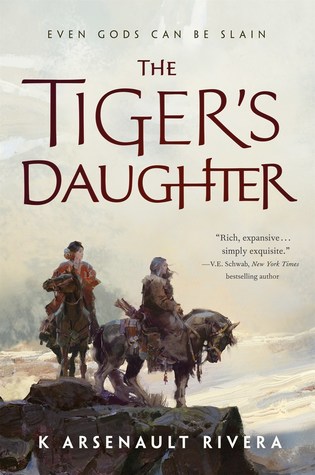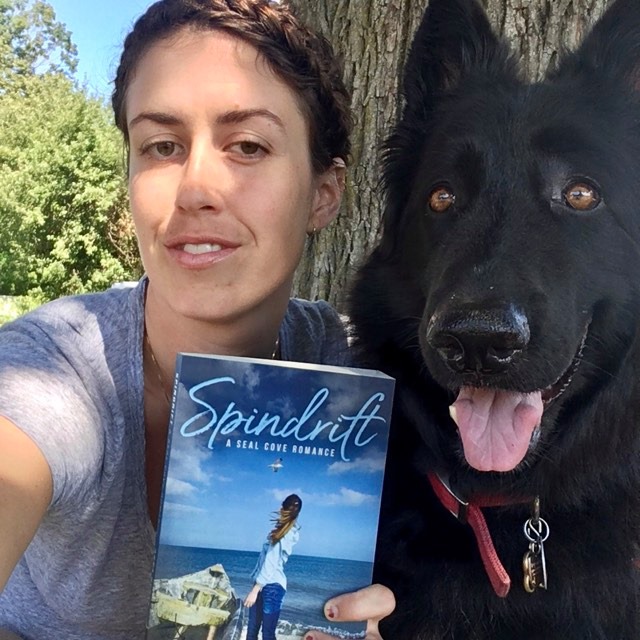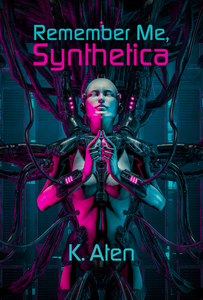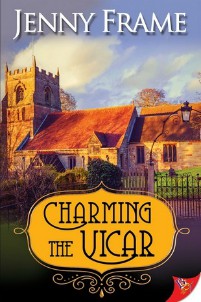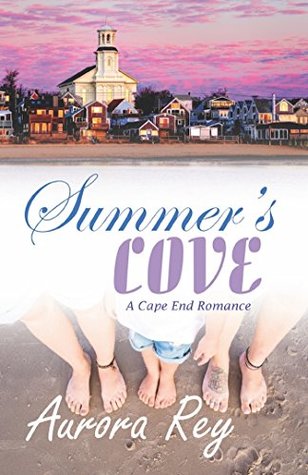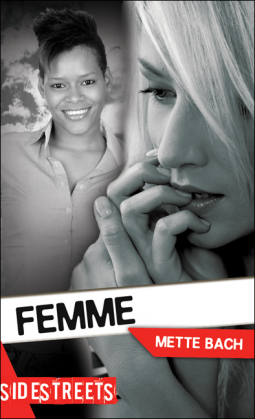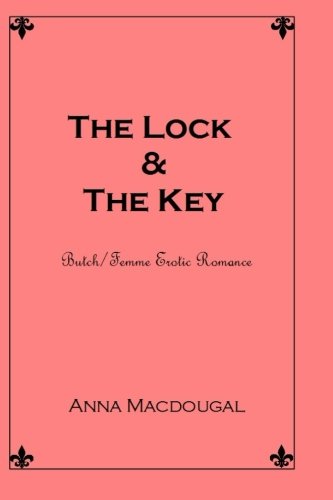Amazon Affiliate Link | Bookshop.org Affiliate Link The Year of the Tiger begins in less than a week, which is a convenient excuse for me to review The Tiger’s Daughter by K Arsenault Rivera. Not that I need one; this book is both extremely good, and seems to have flown under a lot of people’sRead More
Sam reviews Huntress by Malinda Lo
Amazon Affiliate Link | Bookshop.org Affiliate Link Winter is finally here, which means it’s perfect weather for me to re-read Huntress by Malinda Lo again. I’m not sure exactly how many times I’ve read this book, but it must be close to a half-dozen—a number that stands out even for me, especially for a YARead More
Sam reviews The Unspoken Name by A. K. Larkwood
Amazon Affiliate Link | Bookshop.org Affiliate Link I went into A. K. Larkwood’s The Unspoken Name with no idea what to expect. I’d even say that I came to the novel feeling a little ungenerous, though I’m not sure I could tell you why. But despite this, The Unspoken Name caught me in the grip of itsRead More
Landice interviews Anna Burke about her book Spindrift
Anna Burke is not just one of my favorite lesfic authors—she’s one of my all time favorite authors, period. I love her dystopian lesbian pirate debut novel so much that I’ve convinced 6+ different friends to read it, essentially turning my Sapphic Bookstagram group chat into the unofficial Compass Rose fan club, and I creditRead More
Landice reviews Remember Me, Synthetica by K. Aten
“I care about you, Alex. […] Part of me says you’re too good to be true, but the greater part of me says that if I give you a chance, you’ll be worth it.” Remember Me, Synthetica by K. Aten is a fun new lesfic novel with sci-fi elements, available now from Regal Crest! NormallyRead More
Anna Marie reviews Stone Butch Blues
Ever since I learnt about Stone Butch Blues by Leslie Feinberg I’ve wanted to read it, but I knew it would be an intense book to read with quite a lot of violence in it, so I waited till I thought I might be slightly more ready for it. The time to read it arrived since, lastRead More
Babusha reviews Charming the Vicar by Jenny Frame
Charming the Vicar is the sequel to Courting the Countess and tells the story of the ultra femme and sexy af Bridget Claremont, the vicar of Axedale. Jenny Frame has been my go-to lesbian content author since I read Royal Rebel and this is my favourite book she’s written so far. Her characters are alwaysRead More
Elinor reviews Summer’s Cove by Aurora Rey
This is such a pleasant romance! In this sweet novel, chef and single mom Darcy meets adorable soft butch artist Emerson at a wedding and the pair begin casually dating. Ever since the death of her parents while she was in med school, Emerson has been all about living in the moment. Darcy on theRead More
Amanda Clay reviews Femme by Mette Bach
Knowledge is power. Sofie, however, has always felt pretty powerless, at least when it comes to academics. She enjoys school—playing soccer and hanging out with her cute, popular boyfriend Paul. And even though she and her single mom don’t have a lot of extra money, their home is loving and stable. But now, closeRead More
Anna M reviews “Air Planes” by Anna Macdougal
“Air Planes” is a work of short fiction, the first in a series by Anna Macdougal called The Lock and The Key: Butch/Femme Erotic Romance. It’s the story of marketing consultant Stephanie, fresh from the triumph of closing a deal, and her erotic encounter with the chivalrous butch woman she meets at the airport. TheirRead More
